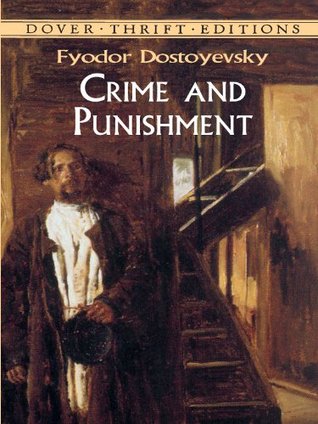More on this book
Community
Kindle Notes & Highlights
“What if man is not really a scoundrel, man in general, I mean, the whole race of mankind—then all the rest is prejudice, simply artificial terrors and there are no barriers and it’s all as it should be.”
He thought of nothing and was incapable of thinking; but he felt suddenly in his whole being that he had no more freedom of thought, no will, and that everything was suddenly and irrevocably decided.
This is a fantastic gloomy business, a modern case, an incident of to-day when the heart of man is troubled, when the phrase is quoted that blood ‘renews,’ when comfort is preached as the aim of life.
You preach to me about vice and aesthetics! You—a Schiller, you—an idealist! Of course that’s all as it should be and it would be surprising if it were not so, yet it is strange in reality. . . .
“I haven’t faith, but I have just been weeping in mother’s arms; I haven’t faith, but I have just asked her to pray for me. I don’t know how it is, Dounia, I don’t understand it.”
The fear of appearances is the first symptom of impotence. I’ve never, never recognised this more clearly than now, and I am further than ever from seeing that what I did was a crime. I’ve never, never been stronger and more convinced than now.”
But he judged himself severely, and his exasperated conscience found no particularly terrible fault in his past, except a simple blunder which might happen to anyone. He was ashamed just because he, Raskolnikov, had so hopelessly, stupidly come to grief through some decree of blind fate, and must humble himself and submit to “the idiocy” of a sentence, if he were anyhow to be at peace.
And if only fate would have sent him repentance—burning repentance that would have torn his heart and robbed him of sleep, that repentance, the awful agony of which brings visions of hanging or drowning! Oh, he would have been glad of it! Tears and agonies would at least have been life. But he did not repent of his crime.
They did not know how to judge and could not agree what to consider evil and what good; they did not know whom to blame, whom to justify. Men killed each other in a sort of senseless spite.


